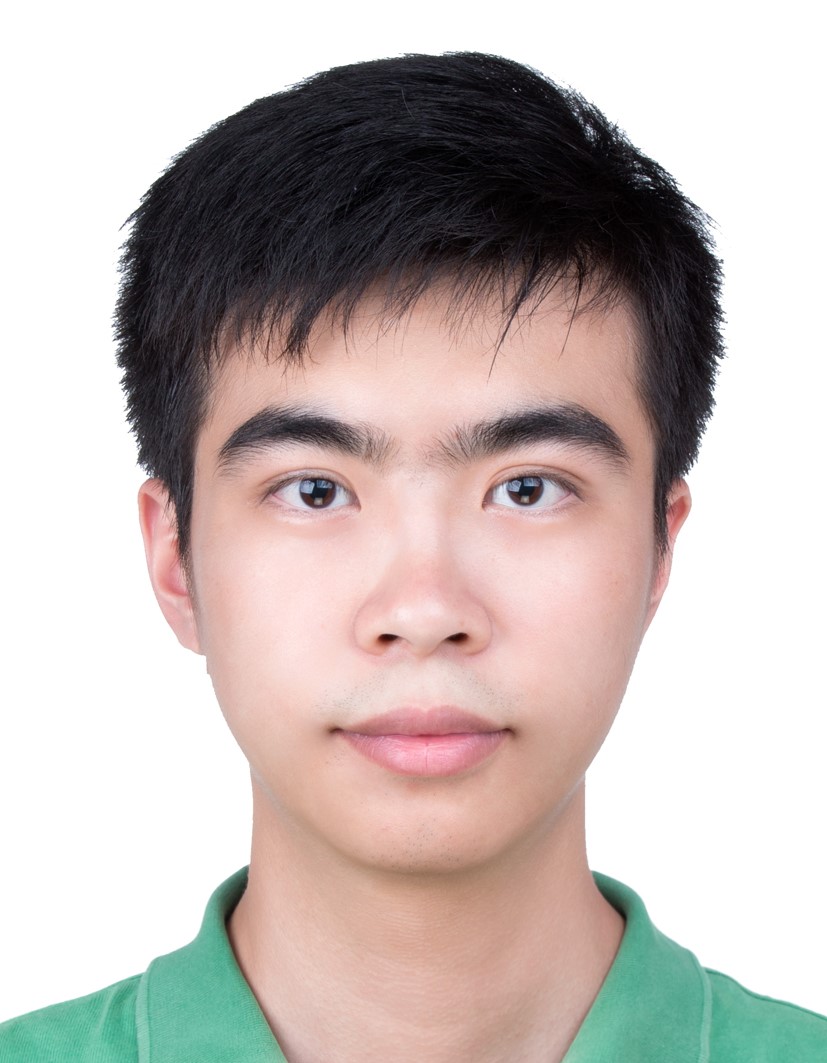PHD Research Projects
 Robust text detection
Robust text detection
Mentor: MSRA Researcher Qiang Huo and Lei Sun
- The first to propose to use Faster R-CNN and Mask R-CNN to address the text detection problem
- Proposed a novel anchor-free region proposal network (AF-RPN) that can generate high-quality proposals of various shapes in an anchor-free manner to get rid of hand-crafted anchor design for Faster/Mask R-CNN framework; The idea of anchor-free is also propular in the field of generic object detection recently
- Proposed a novel Relation Network based line grouping approach to grouping text primitives effectively and detecting text instances with large inter-character spaces robustly
- Proposed a new region-wise adaptive scaling approach to detecting small text efficiently on high resolution images (Achieved a competitive F-measure of 77.49% by only processing 896x896 pixels on average for each image on ICDAR-2017 MLT dataset)
- Achieved state-of-the-art results on horizontal (ICDAR-2013), multi-oriented (ICDAR-2017 MLT, ICDAR-2015 and MSRA-TD500) and curved (Total-Text and SCUT-CTW1500) text detection benchmarks
- Deployed in the industry-leading Microsoft’s new-generation OneOCR engine in Microsoft Cognitive Services, outperforming Google Vision API significantly on the challenging indoor dataset including 11 scenarios (e.g., “document”, “receipt”, “invoice”, “street view”, and “product label”, etc.)
 High performance Chinese font recognition
High performance Chinese font recognition
Mentor: Prof. Lianwen Jin
- Proposed a new data augmentation and regularization technique, namely DropRegion, to generate a large number of stochastic variant font samples by selectively disrupting local regions of characters;
- The similar idea can be found in the paper entitled “DropBlock: A regularization method for convolutional networks” proposed by Google Brain
- Achieved high performance on Chinese font recognition with only a few real character training samples
 Offline handwritten Chinese character recognition
Offline handwritten Chinese character recognition
Mentor: Prof. Lianwen Jin
- The first to propose to incorporate directional features (e.g., Gabor, HoG and gradient feature) as domain knowledge into deep convolutional neural network to boost performance on offline HCCR
- Achieved a new state-of-the-art result on ICDAR-2013 offline HCCR competition dataset;
- Source code of our approach has been publicly available on GitHub

